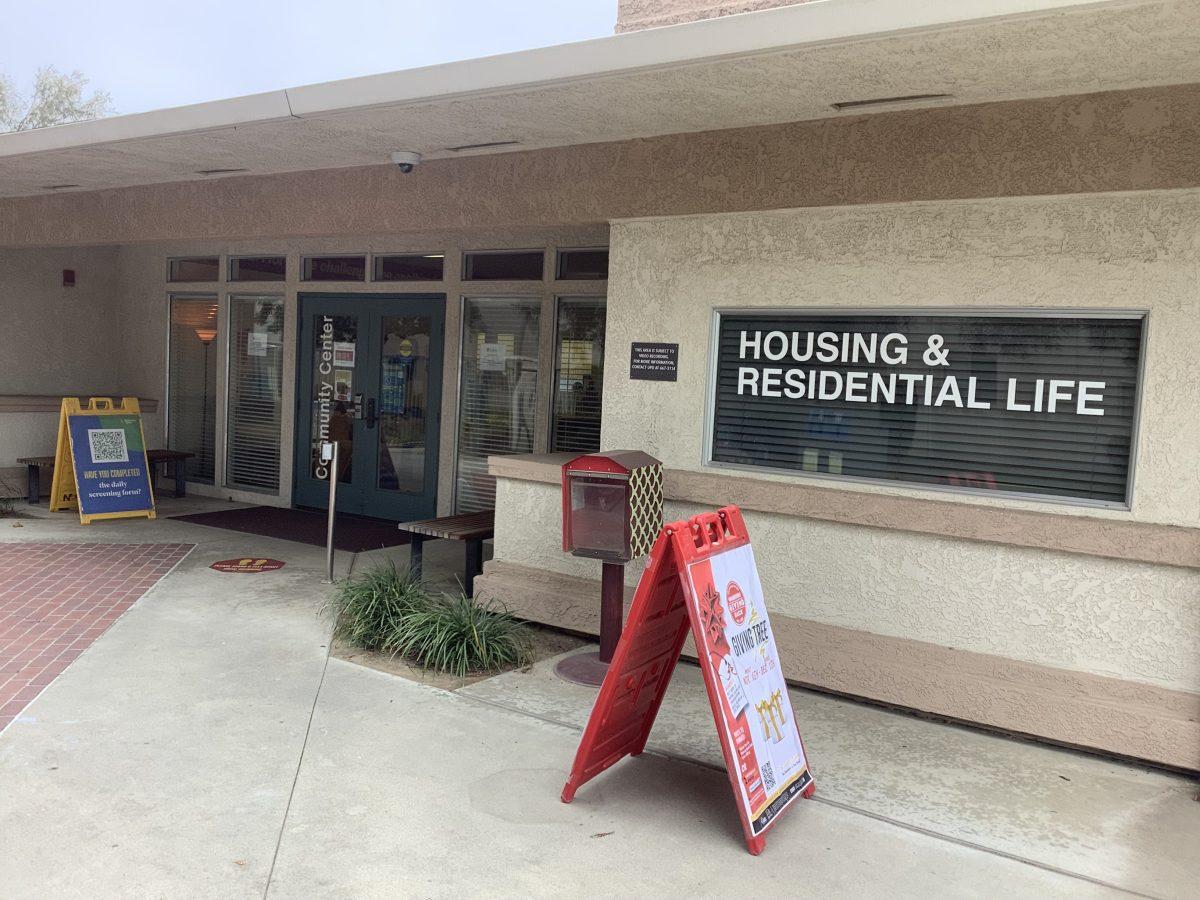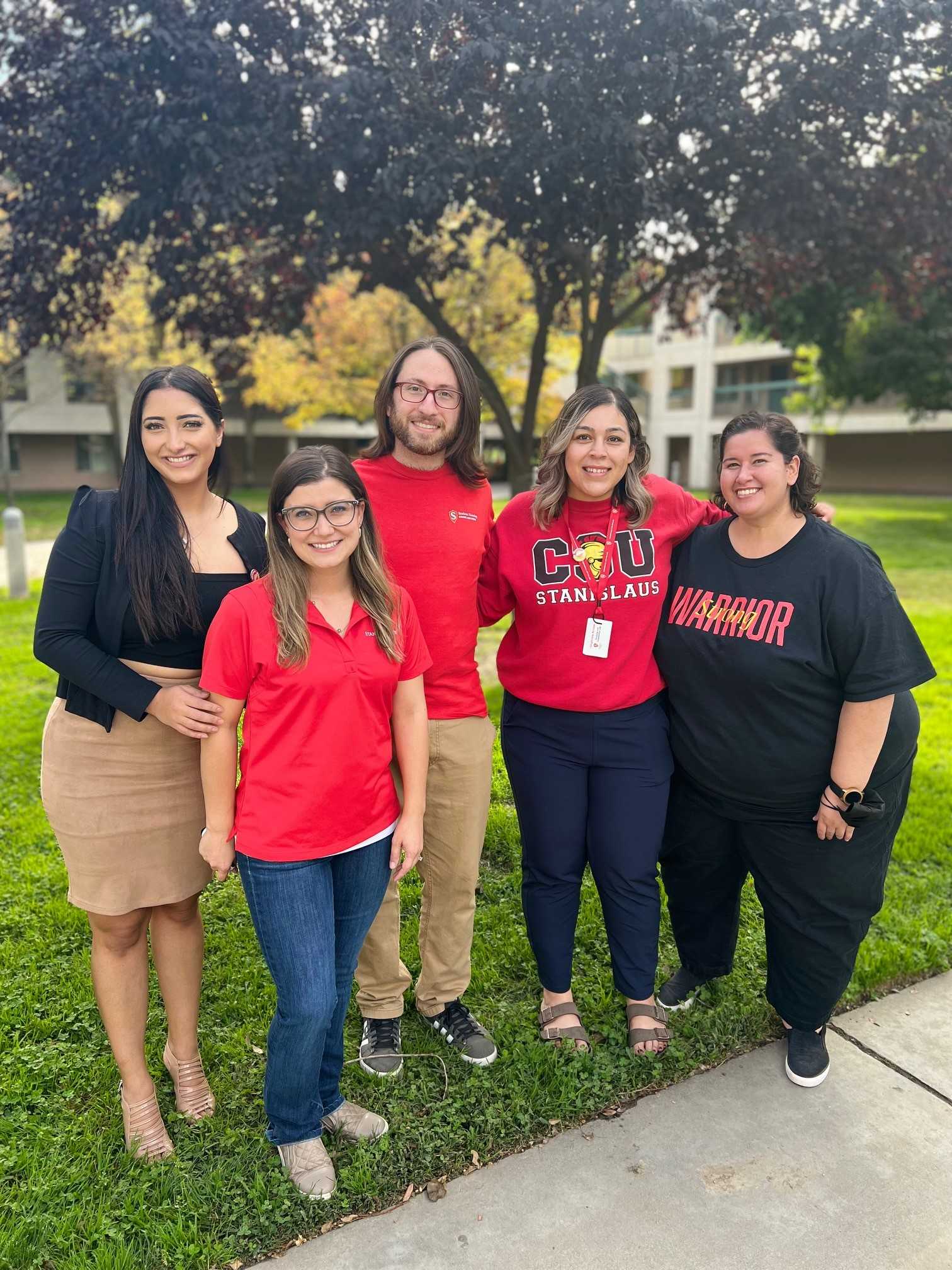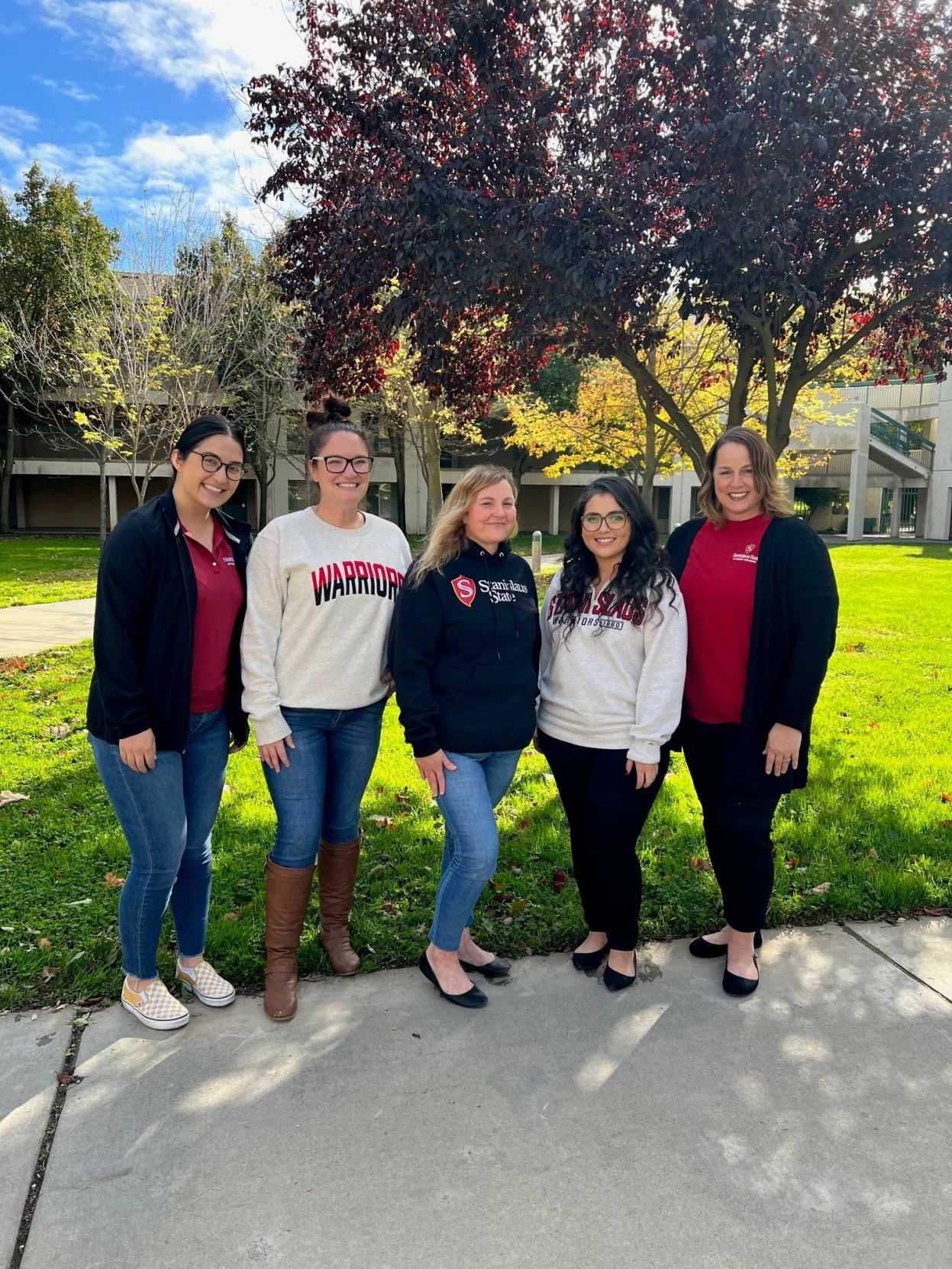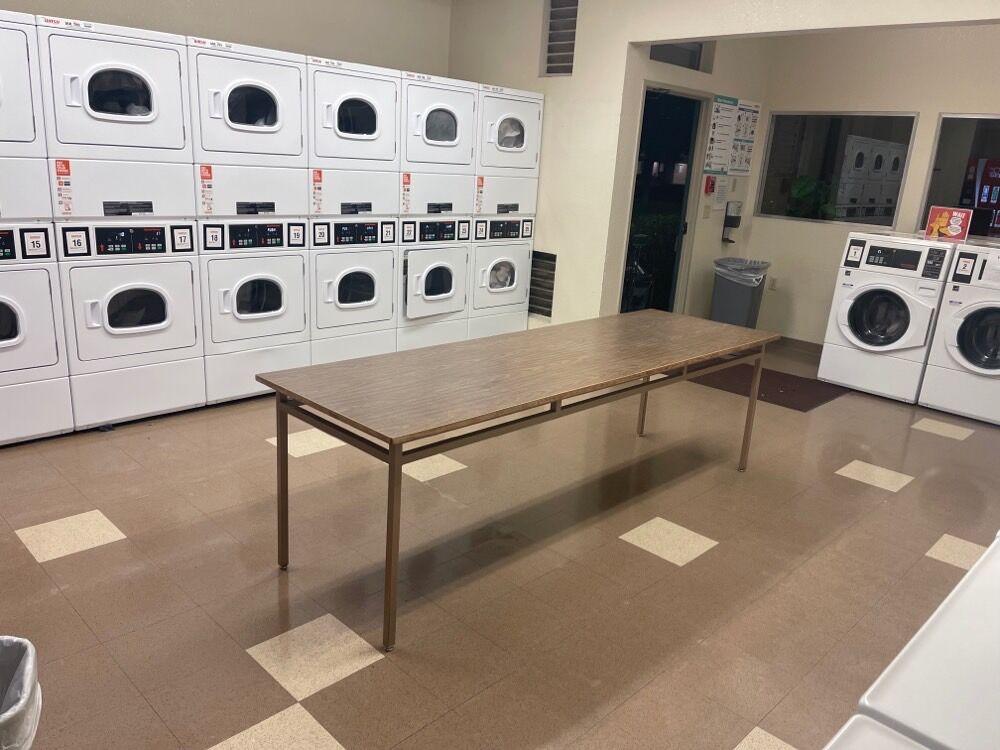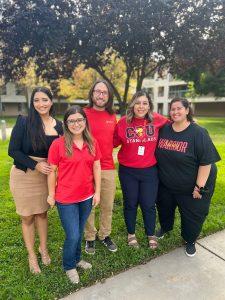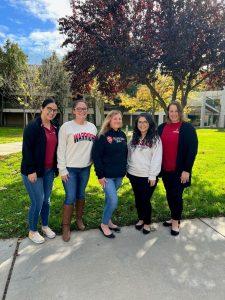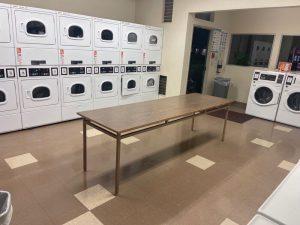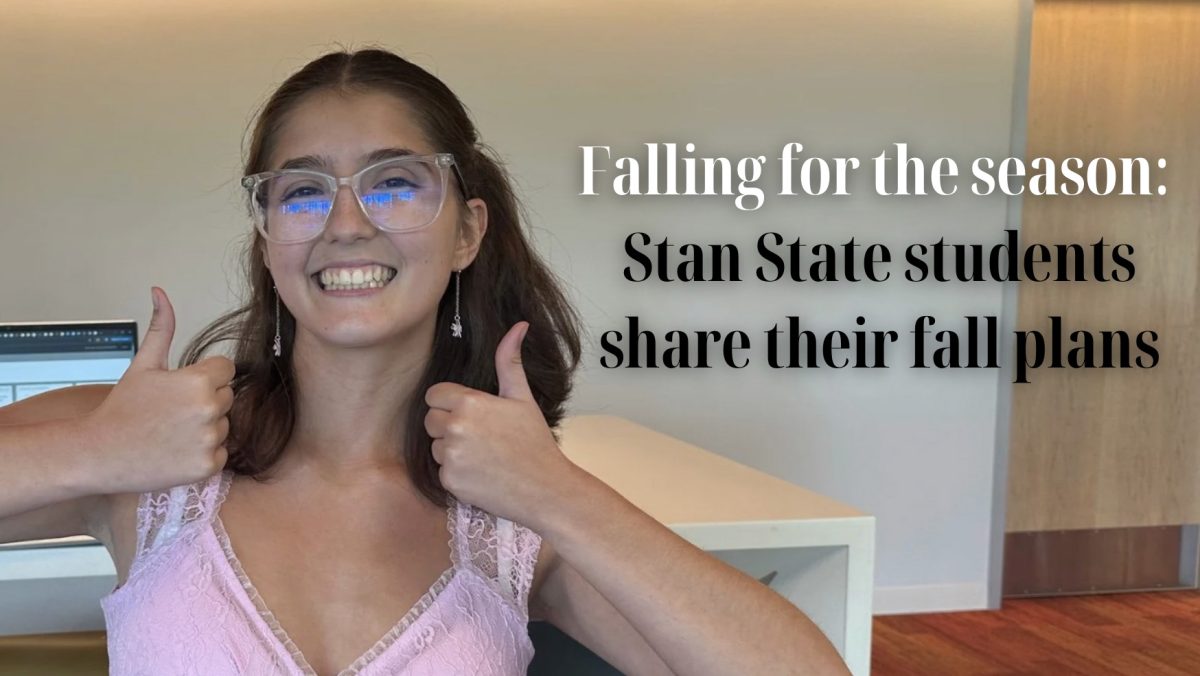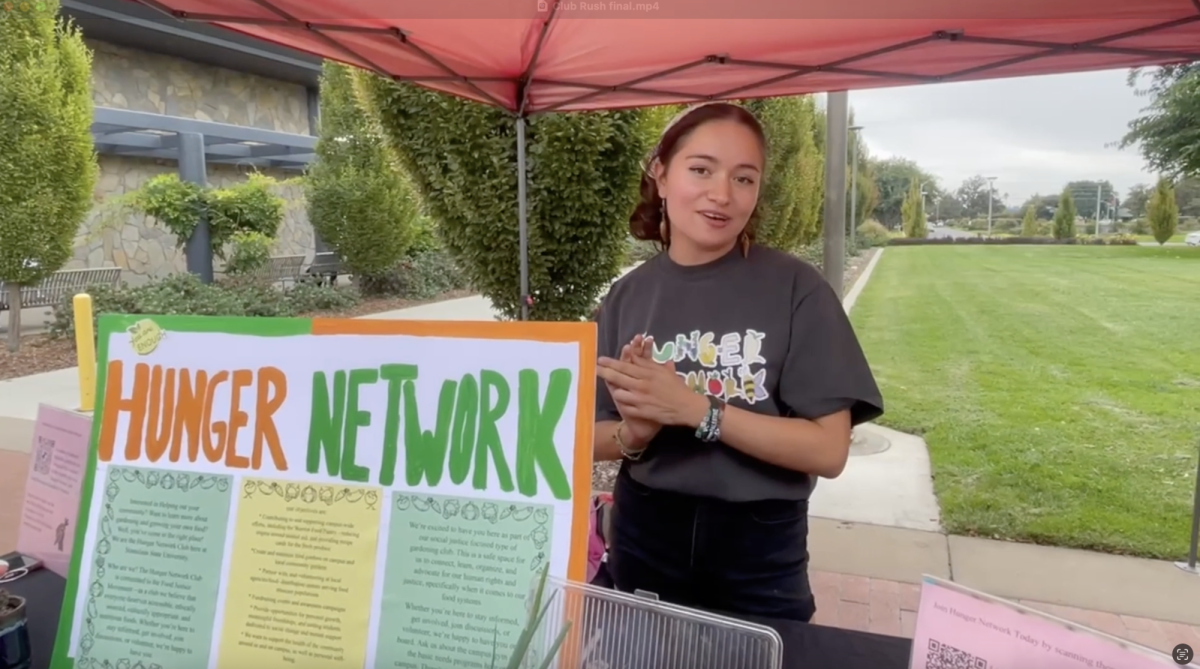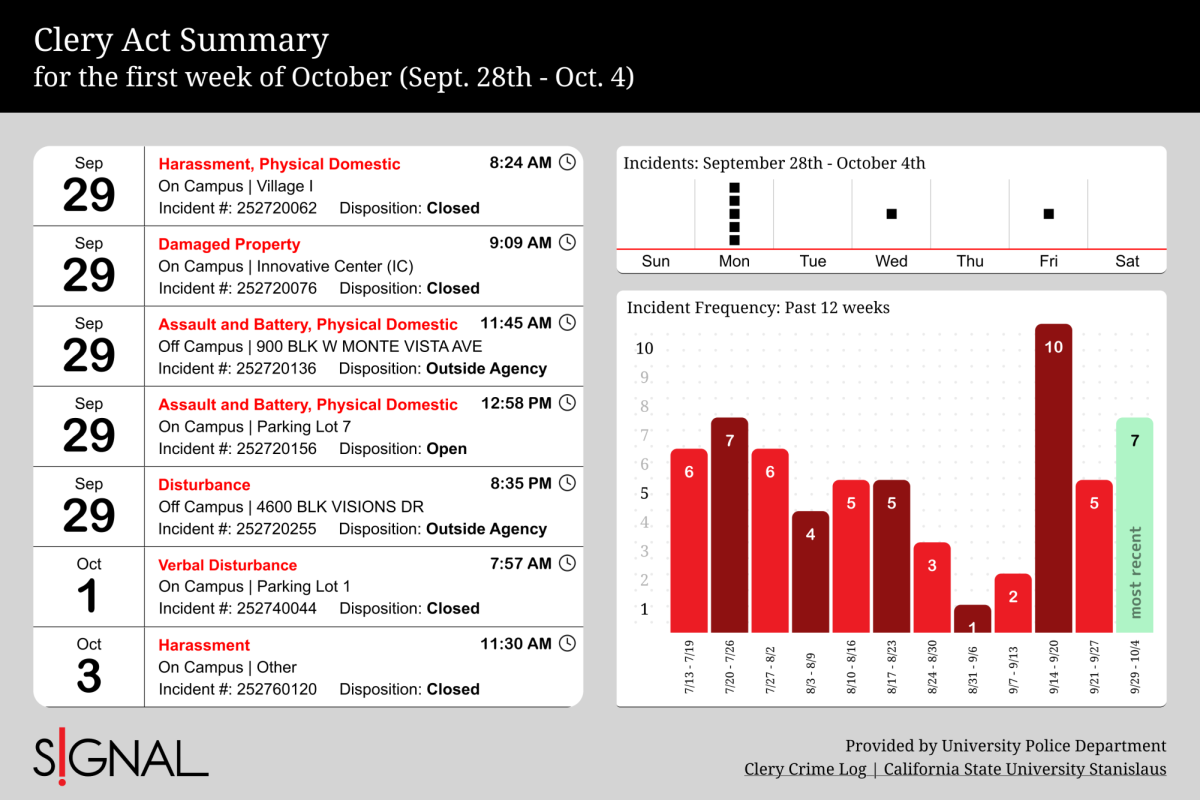One of students’ major concerns in recent years has been about being able to find adequate and affordable housing. Whether it’s children moving back in with their parents, or parents moving in with their children, across the nation, the scramble to find a place to live has become an everyday fear. Luckily, that’s where the Stan State Housing and Residential Life Department steps in.
As campus life begins to return to normal, the Housing Department is looking to resume full operations. During the Covid-19 pandemic, many of the activities and services offered by the housing department were shut down, suspended or converted to an online format.
“A lot of the activities we used to provide in a normal year we could no longer provide during the pandemic because of safety concerns,” said Katie Billiet, Communications and Occupancy Management Specialist for the Housing and Residential Life Department.
“In a normal year, we would have about seven hundred students. During the pandemic, we’ve had anywhere up to three hundred and eighty per semester,” she explained. Part of this is because, during the pandemic, the housing office reduced occupancy levels to four residents per housing unit.
Housing and Residential Life used the extra space to create quarantine wings, where students who have been exposed to people who have tested positive for COVID-19 can be quarantined safely.
“We also offer services for those who do need to quarantine. We will bring them their mail, we will bring them their groceries, their meals, so they don’t have to leave their apartment,” Billiet said.
The housing administrative staff hopes that the spring semester will be different.
“We are looking forward to connecting our students to the broader campus community and the resources it offers,” Renee Giannini, Housing and Residential Life Director, explained.
Some of the services the housing department is looking to bring back includes access to the spa, many of the community events they have had in previous years, and a refurbished game room in the housing office where students can come and hang out, as well as access to the Residential Life Hub, which provides kitchen services to those who do not have a full kitchen available in their housing unit and acts as a secondary community space for housing students.
At the moment, the front office is open six days a week and the phone lines available 24/7 to answer any questions that students may have. The housing office also doubles as a community center of sorts, hosting many of the community services and amenities that the housing community offers.
Right now, housing staff are looking to redesign the community pool space to give it more color and liveliness by adding a few barbecue areas and others items. Increased outdoor activities are another area where the housing office is hoping to improve.
In addition to the services they are looking to bring back and add on, housing also offers several other amenities, such as:
-
Free black and white printing at the housing office printing kiosk.
-
Several laundry rooms which have recently been upgraded with new washers, where students can wash their laundry for free. These washers are also connected to an app that lets students know if there is a washer available.
-
A TV lounge where students can come to watch TV and play video games on PlayStation 4 or Wii
-
Meal plan options for students that can be used to purchase food and other supplies at any on campus locations.
“In spring 2022, we are mainly looking to increase the number of community spaces in response to student requests,” Billiet added.
While these changes are exciting, there is a greater purpose.
“We want to make sure all students feel welcome,” Giannini said.
What the housing office has discovered is that efforts toward inclusion and a welcoming environment really helps to support students when they first move into their apartment. This behavior of inclusion and concern for the safety and well-being of students permeates the entire administrative team.
Giannini believes heavily in the value of teamwork and the complementary skillsets of her staff.
“We all work together as a team, and also look at the things we need to change,” she said.
As far as Giannini is concerned, she believes that being willing to adapt to changing circumstances and listen to student needs is crucial to the success of housing students.
“We want to understand the support that the students need-their needs are changing and it’s different now.”
Listening to what the students want and don’t want is another critical component of supporting students within the housing community.
“Our job as a team is to help facilitate learning both inside and outside the classroom,” Giannini added.
In fact, these actions have helped to increase engagement even during the pandemic to higher levels then before the pandemic, which have only served to reinforce her confidence in the non-traditional administrative structure she has developed in the housing team.
Giannini believes that the traditional form of administration is not appropriate for the type of environment that is the housing community.
“My role is to listen and to respond to student concerns…to break down those administrative barriers, facilitate learning, and leverage my connections to support and advocate for our students,” she explained.
This enthusiastic and heartfelt attitude is also reflected by her staff.
The way our housing team is structured really emphasizes the value of democratic leadership,” she said.
This administrative structure also has tangible benefits for the students as well, as it has allowed housing to be more responsive as the administrative staff design new programs tailored to students current needs.
This responsiveness, in addition to creating a welcoming and supportive environment described earlier, is part of what allows the housing department to offer so many programs. One of these programs, the Elevate Living Learning Community, was created by the Assistant Director of Housing and Residential Life Jessica Bettencourt-Wojciechowski to provide additional intensive support to students at risk of dropping out of college.
Giannini feels that the housing staff’s willingness to listen to students is where their true strength lies.
“Because we listen, they’re communicating to us what their needs are. That’s how the Academic Success Hub was created,” Giannini explained.
Juliana De Melo, the Academic Success Advisor, once a housing student herself, knows how difficult going to college can be, balancing daily responsibilities along with coursework.
She feels that her position and the fact that she lives on campus with students allows her to advise students in a variety of capacities outside of traditional academic advising.
“I try to understand a little bit about their background, their passions, their dreams, and then I try to build a plan with them to help them get there,” she said.
“This semester, students main concerns were about the transition to in-person learning in the middle of the semester. Many of them felt like they wouldn’t pass their classes.”
But De Melo offers more than just academic advice. Having a history as a financial aid advisor, she tries to offer them a more holistic approach to advising, on things affecting their academic success from finances to holds.
“Why does advising has to be so formal?,” she asked. “If they feel more comfortable at Starbucks, sometimes I will have academic advising at Starbucks. I try to be really flexible.”
In addition to De Melo, the Academic Success Hub also hosts student intern positions for students like Isabella Tovar, a housing student who works as a Student Success Intern.
“A lot of the questions that I answer have to do with what major should I choose, what classes should I take, that sort of thing,” Tovar said. “Mainly, the questions have to do with that transition from living with family to living at college.”
The Housing Office also offers other Student Leader positions such as the Peer Academic Coach, a position that helps new housing students with academic concerns and the Resident Assistants, who help new students connect to campus resources and activities.
In addition to on-site academic advising, the housing community has on call tech support through the OIT office.
“We collaborate with the OIT office to help students in setting up their Wi-Fi, or connecting devices,” Giannini said.
In fact, starting in January, the OIT office will have a concierge in the housing community two to five times a week to answer any resident technology questions and assist with any other technology problems.
Housing also provides on-site recycling services, bike racks, as well as ADA accessible rooms. In future semesters, the housing office hopes to redesign the recycling center and bike racks together in a more streamlined type of ‘barn’.”
“We try to be a truly welcoming community for all students,” Billiet said.
They also have a mini market, where students can go to purchase toiletries such as laundry detergent and soap, snacks and other basic household supplies, among other things.
The Village Café is another option for students, offering a variety of food choices. It is open from 10 a.m. to 1 p.m. for brunch and 5 p.m. to 8 p.m. for dinner, seven days a week.
“The Village Café has a variety of salads, wraps, chicken sandwiches, burgers and appetizer items like fries, wings, etc.,” Billiet said.
For students who are interested in applying to live in the housing community, they can fill out an application on the Stan State website. There are a few extra pieces of paperwork required, and students must have complete Covid-19 vaccination to be eligible for housing placement.
After you submit your application you will receive a notice from the housing department about Move-In Day or any fees that you need to pay, some of which can be deferred until your financial aid payments come in.
“Financially, we try to work with our students to develop payment plans if they are financially struggling,” Giannini said.
For more information about housing, contact Katie Billiet at [email protected].

